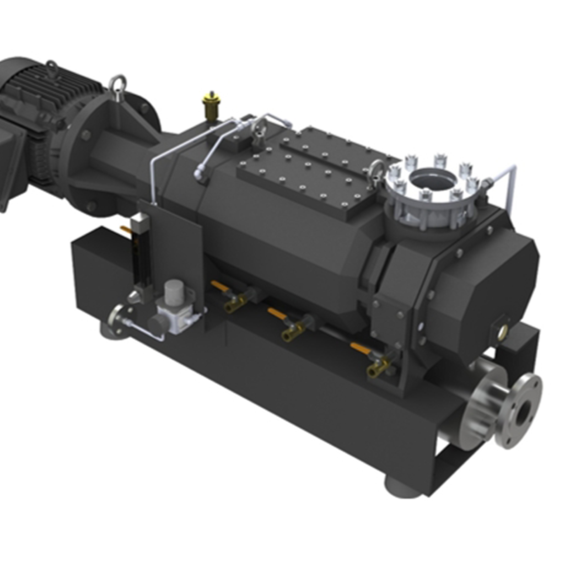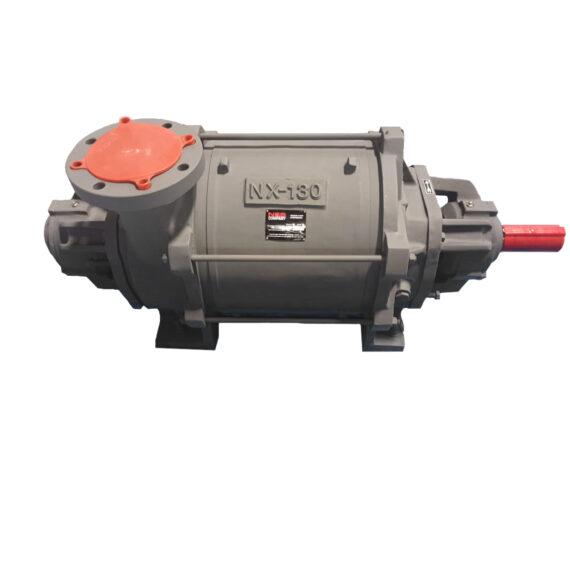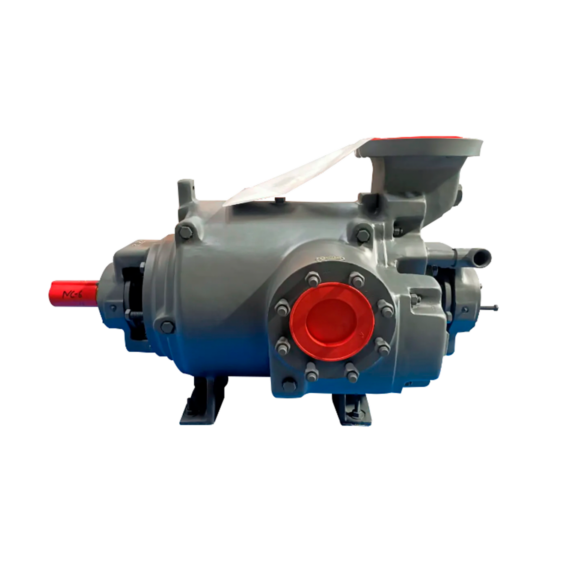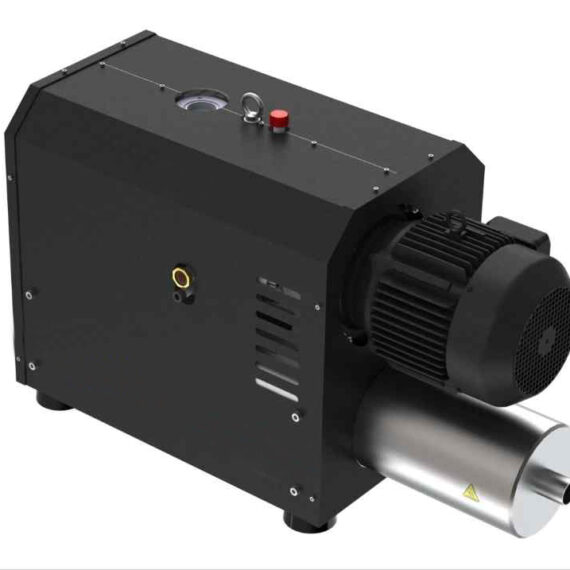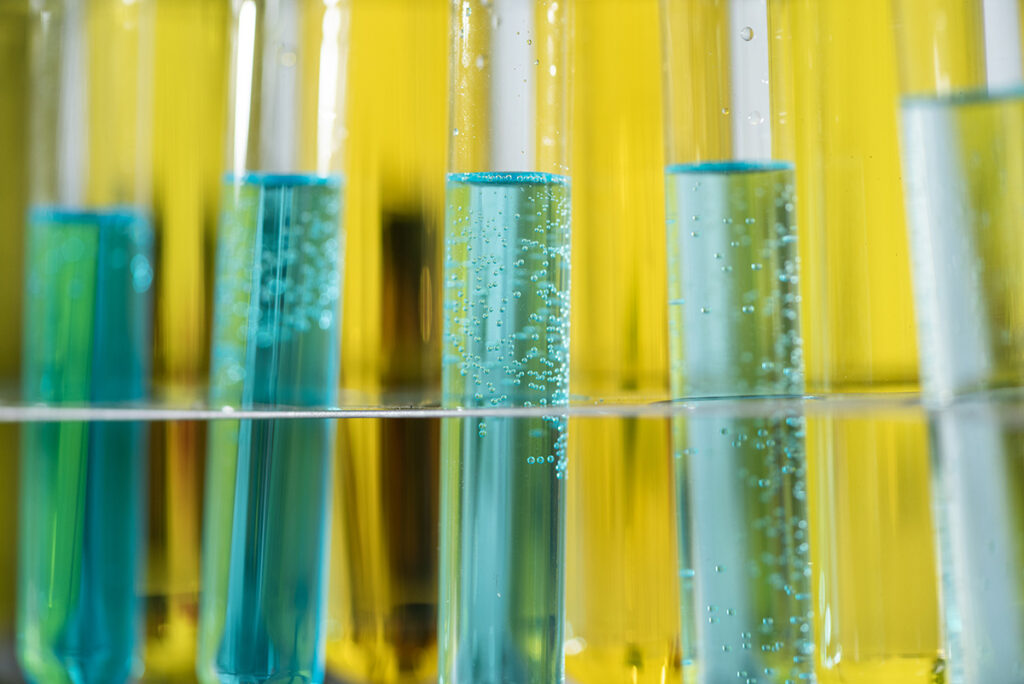
The NES Perspective: Biofuel Vacuum Pumps and Compressors
The biofuels industry transforms biological materials like crops and organic waste into fuels. From sourcing raw feedstocks to refining high-purity fuels, vacuum and pressure systems drive the entire biofuel production process.
- Distillation/Fractionation
- Membrane Pervaporation
View our Products
The biofuels industry thrives by converting biological materials into usable fuels like ethanol, biodiesel, and biogas. This begins with the selection and sourcing of feedstocks, which vary depending on regional availability and fuel type. Anything from sugarcane and corn to organic waste can be utilized for the production of this green energy. The raw materials undergo rigorous treatment to prepare them for further chemical or biological processing.
In ethanol production, feedstocks (like corn) are first milled and hydrolyzed such that they release fermentable sugars. The addition of yeast converts these sugars into ethanol via fermentation. The fermentation broth is then purified; at this point, the process of distillation is essential.
Vacuum distillation encompasses the use of controlled temperature and pressure in order to selectively evaporate and condense elements of a mixture such that the process yields high-purity constituents like the ethanol and water in the broth. As the pressure lowers, the boiling point required for evaporation of the constituent materials also lowers, making it easier to selectively vaporize the mixture with lower temperature. This translates to safer operation, as the ethanol is not exposed to high temperatures, as well as a decrease in operational costs as required heat energy decreases.
Membrane pervaporation is another critical separation technique that only advances further through current research. This process captures ethanol while allowing the other constituents, like water and byproducts, to pass through or to be captured earlier by a different selective membrane. Through this exhaustive separation method, extremely high-purity ethanol can be produced. Vacuum systems also contribute to the recovery of solvents used in the fermentation broth mixing process, which are introduced to further extract sugars from the feedstock.
Biogas production from organic waste or manure is based off of anaerobic digestion. The waste is sent through tanks full of anaerobic microbes like bacteria and methanogenic archaea. As the waste is processed, While both of these gasses are extremely useful and can be extracted, water vapor and hydrogen sulfide are also byproducts of the digestion reaction, and need to be removed first. While the digestion tank itself is slightly pressurized to prevent atmospheric air from entering and interrupting the proliferation of the anaerobic micro-organisms, the gasses are guided out and then, further down, drawn in via vacuum to separation, purification, and compression stations that allow for the use of clean methane and carbon dioxide gas that can be used in applications such as power generation, beverage carbonation, and fire suppression systems, depending on the grade of purity.

